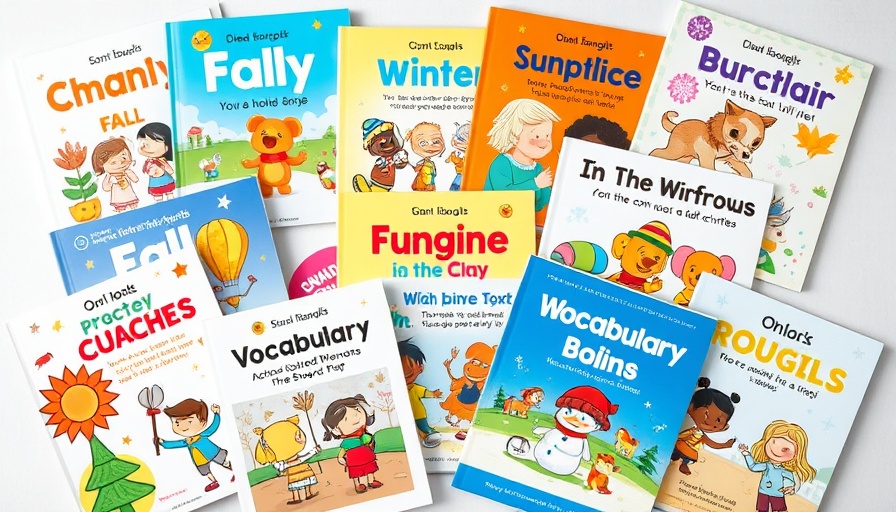
Understanding the Importance of Special Ed Lesson Plans
Special education classrooms can often feel overwhelming. With diverse individual needs, the craft of lesson planning may seem unnecessary to some. However, special ed lesson plans play a pivotal role in providing structured learning environments for students with unique needs. Lesson plans do more than just outline what will be taught; they serve as vital instruments for ensuring educational continuity, accountability, and effective collaborative practices among educators. Without adequate planning, essential skills may be overlooked, exacerbating educational disparities.
Why Special Education Lesson Planning Matters
Dr. Reeve emphasizes that creating lesson plans is crucial for several reasons:
- Curriculum Coverage: Lesson plans ensure that all necessary curriculum areas are addressed, allowing students to learn comprehensively.
- Documentation: They act as documentation of when and how skills were taught, which is vital for legal compliance during IEP meetings.
- Integration with IEPs: Lesson plans should align with each student's Individualized Education Program (IEP), demonstrating how general curriculum integrates with personalized goals.
- Communication: Effective lesson planning promotes communication among the various staff involved in a student's education, enhancing the learning experience.
Strategies to Enhance Your Lesson Planning
While lesson planning is essential, it does come with challenges. Here are some practical tips to craft engaging and effective lesson plans in special ed classrooms:
- Start with Clear Objectives: Outline clear, measurable objectives that resonate with each student’s IEP. This clarity helps tailor learning experiences effectively.
- Use Flexible Templates: Leverage free templates available online to create a structured yet adaptable framework for your plans. These can save time and reduce stress.
- Differentiate Instruction: Organize activities in ways that accommodate various learning styles and abilities, ensuring every student can participate meaningfully.
- Incorporate Technology: Utilize tools such as visual schedules or apps that can facilitate communication and engage students effectively.
- Collaborate with Colleagues: Regularly share lesson plans with fellow educators. This collaboration opens avenues for sharing insights and strategies, enriching the teaching approach.
Future Trends in Special Education Planning
As we look forward, the field of special education continues to evolve, especially in lesson planning. Trends like personalized learning, technology integration, and data-driven instruction will play crucial roles. By adopting innovative techniques and embracing flexibility, educators can create even more impactful educational experiences for their students.
Emotional Impact on Educators and Students
When educators invest in thoughtful lesson planning, it doesn’t just benefit academic achievement. The emotional toll of teaching is genuine. Knowing that they are prepared, educators feel more confident, which translates into positive interactions with students. Moreover, students thrive in structured environments where they feel supported and understood, fostering a conducive atmosphere for learning.
For teachers juggling numerous responsibilities, transforming lesson planning into a streamlined process can seem daunting. Nevertheless, with the right strategies, it can become a satisfying and manageable task. Embracing the essence of lesson planning can revolutionize both teaching and learning.
So, take a moment to reflect on your lesson planning practices. What adjustments can you make to enhance your approach? Are there tools or resources you've yet to utilize? Every small change can lead to significant improvements for your students.
 Add Row
Add Row  Add
Add 




Write A Comment